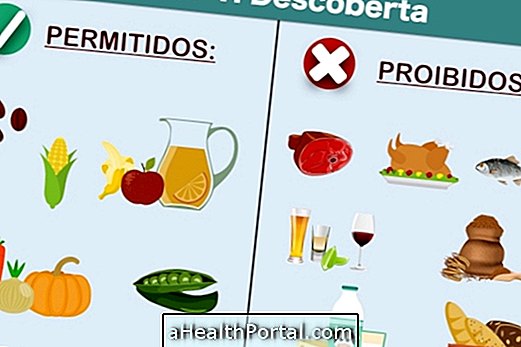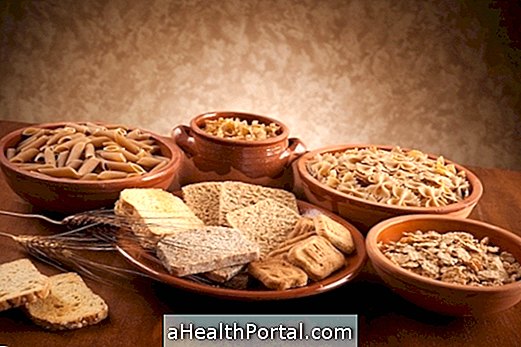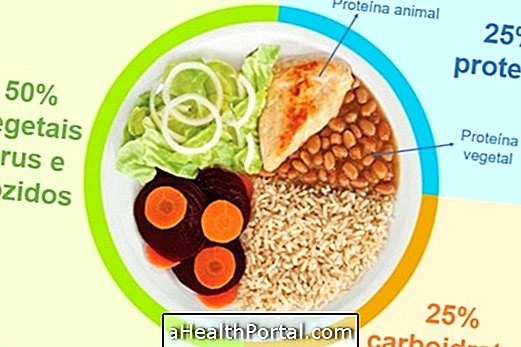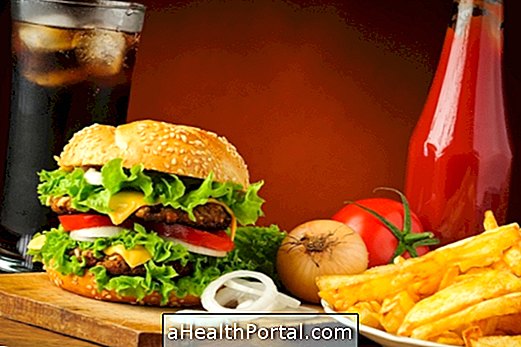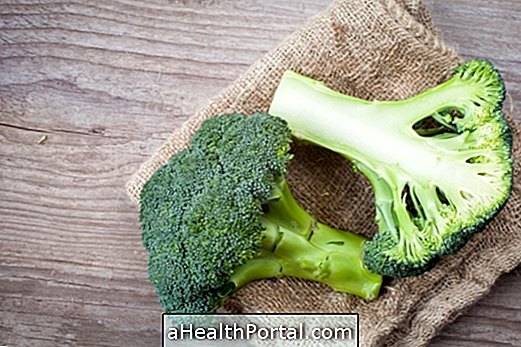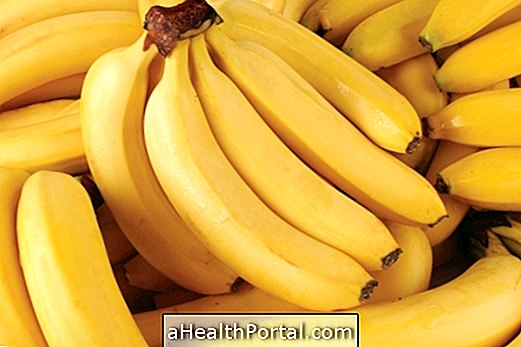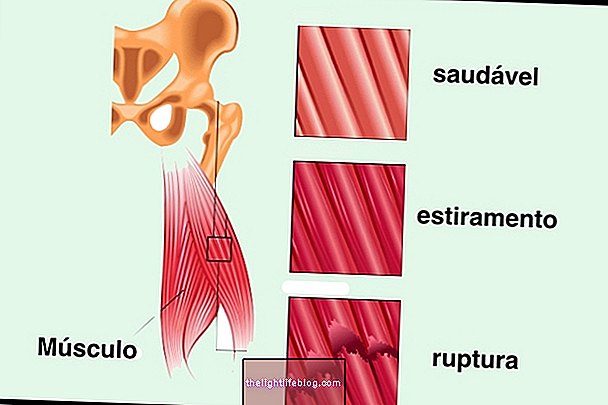Consumption of foods containing gluten, such as wheat flour, barley and rye, can cause abdominal bloating in some people, but they are particularly dangerous for those who are gluten intolerant and can cause diarrhea, frequent pain and bloating in the belly.
In individuals intolerant to gluten these symptoms appear because their body can not digest this protein properly due to a genetic change, and so this is a permanent condition. See more about the causes, symptoms and treatment of gluten intolerance.
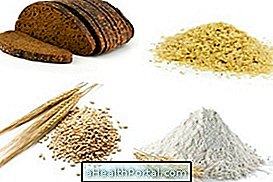

List of gluten-containing foods
Here is a list with some examples of gluten foods that can not be consumed in case of gluten intolerance:
- Bread, toast, wafer, biscuit, pasta, cakes,
- Beer, pizza, snack foods, hot dogs, hamburgers;
- Wheat germ, wheatgrass, wheat semolina;
- Cheeses, ketchup, mayonnaise, shoyo;
- Sausage, industrialized seasonings;
- Cereals, cereal bars, syrups and some medicines.
- Host distributed in the Catholic church;
- White sauces;
- dehydrated soups or seasonings ready;
Consumption of gluten-containing foods causes abdominal bloating and the sensation of belly swelling or other symptoms related to gluten intolerance, which can vary greatly between patients. See 7 signs that you may have gluten intolerance.
How to follow a gluten-free diet
The gluten-free diet is indicated for all people who have gluten intolerance, but everyone can benefit from the decreased intake of food that contains gluten.
In the gluten-free diet all foods that contain gluten are eliminated, which is not easy because this cereal is used in the preparation of many meals and so to follow a gluten-free diet it is important to consult a nutritionist who will help you find alternative foods and provide some revenue. Find out what are gluten-free foods.
Watch our video to learn how to remove gluten from your diet:

To learn more about gluten withdrawal from the diet, see also:
- How to Make a Gluten Free Diet
Gluten-free and lactose-free menu for weight loss


